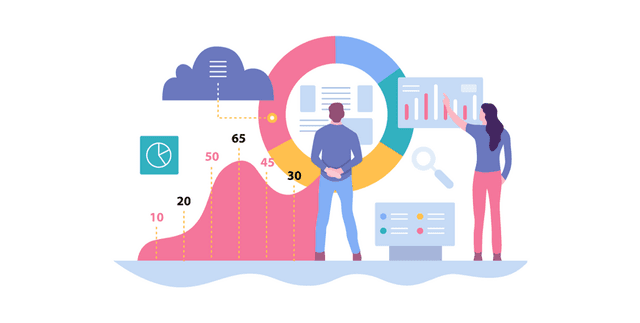Data Science Career and Salary Trends
Data Science and Analytics
Tags and Keywords
Trusted By




"No reviews yet"
Free
About
The data science field, collected from 2020 to the present. Crowdsourced from the global data science community, it provides valuable insights into employment and salary trends across different roles and experience levels. This information is intended to help individuals make informed decisions about their career paths in data science by understanding shifts in the industry.
Columns
- work_year: The year the salary was paid.
- experience_level: The experience level for the role (EN: Entry-level, MI: Junior Mid-level, SE: Intermediate Senior-level, EX: Expert Executive-level/Director).
- employment_type: The type of employment (PT: Part-time, FT: Full-time, CT: Contract, FL: Freelance).
- job_title: The specific role worked during the year.
- salary: The total gross salary amount paid in the local currency.
- salary_currency: The currency of the salary paid, as an ISO 4217 code.
- salary_in_usd: The salary converted to USD.
- employee_residence: The employee's primary country of residence, as an ISO 3166 country code.
- remote_ratio: The extent of remote work (0: No remote work, 50: Partially remote, 100: Fully remote).
- company_location: The country of the employer's main office, as an ISO 3166 country code.
- company_size: The average number of employees at the company during the year (S: Small, M: Medium, L: Large).
Distribution
The data is provided in a single tabular file (
salaries.csv) with a size of 2.13 MB. It contains 11 columns and over 37,000 rows of structured data.Usage
Ideal applications for this data include:
- Analysing salary trends in data science over time and across different regions.
- Informing career decisions for aspiring and current data science professionals.
- Benchmarking salaries for various roles, experience levels, and company sizes.
- Researching the impact of remote work on compensation in the tech industry.
Coverage
The data is global in scope, covering the time period from 2020 to 2024. While it includes data from employees in 91 countries and employers in 81 countries, there is a strong concentration of data from the United States (over 90%).
License
CC0: Public Domain
Who Can Use It
- Data Scientists and Analysts: To benchmark their salaries and understand market trends.
- Students and Academics: For research on labour economics and career trends in technology.
- HR Professionals and Recruiters: To create competitive compensation packages and understand the talent market.
- Career Counsellors: To advise individuals on career paths and earning potential in data science.
Dataset Name Suggestions
- Global Data Science Salaries 2020-2024
- Data Science Career and Salary Trends
- Worldwide Data Professional Compensation
- Data Science Employment Insights
Attributes
Original Data Source: Data Science Career and Salary Trends
Loading...
Free
Download Dataset in CSV Format
Recommended Datasets
Loading recommendations...
